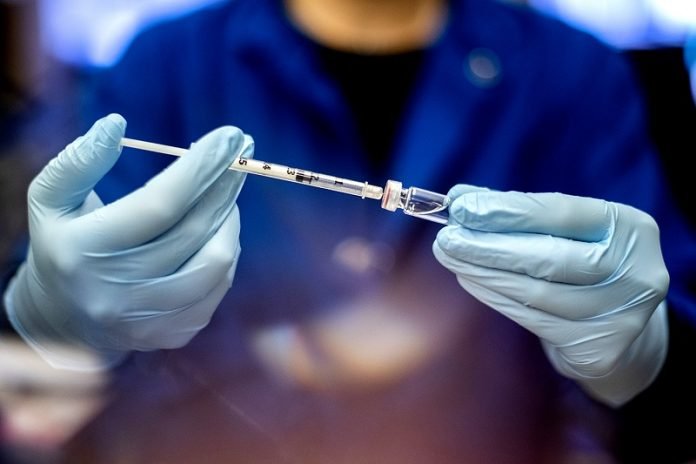
A newly approved antibody therapy for COVID-19, produced by the pharmaceutical firm Eli Lilly and Company, could help high-risk patients recover from the disease as long as the virus is detected soon after infection, says professor Mansoor Amiji at Northeastern University.
The Food and Drug Administration on last Tuesday approved the therapy, called LY-CoV555 or bamlanivimab, for emergency use authorization after a promising study was published in the New England Journal of Medicine.
The treatment is a neutralizing antibody, which means it can prevent the virus from infecting new cells within a patient.
SARS-CoV-2, the virus that causes the COVID-19 disease, infects healthy cells by puncturing them with spike-like proteins, creating an entryway for the virus to slip into the host cell and replicate.
The antibody treatment prevents this process by blunting the spike proteins on the surface of the virus and inhibiting those spikes from attaching to the host cell’s receptors, the entry point of the cell.
“The antibody is essentially a decoy for the human cell receptor,” Amiji says.
The antibody seeks out the virus and binds to the spikes before the virus has a chance to infect new cells, neutralizing the virus and preventing it from spreading further.
The treatment won’t be used for patients who have advanced cases of COVID-19, because at that point, the virus is too prevalent in the body, says Amiji.
“The damage done by the disease on your lungs, for example, can’t be addressed by this antibody,” he explains. “It can’t address the consequences of infection.”
The treatment will be saved for people who are still in early stages of the disease and at risk of serious health complications if they develop advanced cases, such as those with comorbidities or people older than 65. The FDA has approved the therapy for anyone over the age of 12 who is deemed high-risk.
Eli Lilly announced Tuesday that it will produce 300,000 doses with no out-of-pocket cost for the medication. Healthcare workers will decide which patients receive the limited doses.
The FDA’s emergency use authorization will allow the pharmaceutical company to bypass clinical trials that would otherwise be required to approve this kind of treatment, a decision based on a study published in the New England Journal of Medicine.
“This wouldn’t be standard operations if the disease we were dealing with didn’t have such a high mortality rate,” Amiji says. “The circumstances are very different when it comes to COVID.”
Despite the promising results laid out in the study, it’s still too soon to know the side effects of the therapy. The antibodies could block other receptors or necessary components of the body in addition to SARS-CoV-2, Amiji says.
“Antibodies are never going to be completely specific to one virus,” he says.
Nevertheless, this is an exciting advancement in COVID-19 therapy, Amiji says.
“So many companies are working on developing treatments right now, so I’m hopeful that we’ll have even more options by the end of the year and next year.”
Written by Emily Arntsen.



